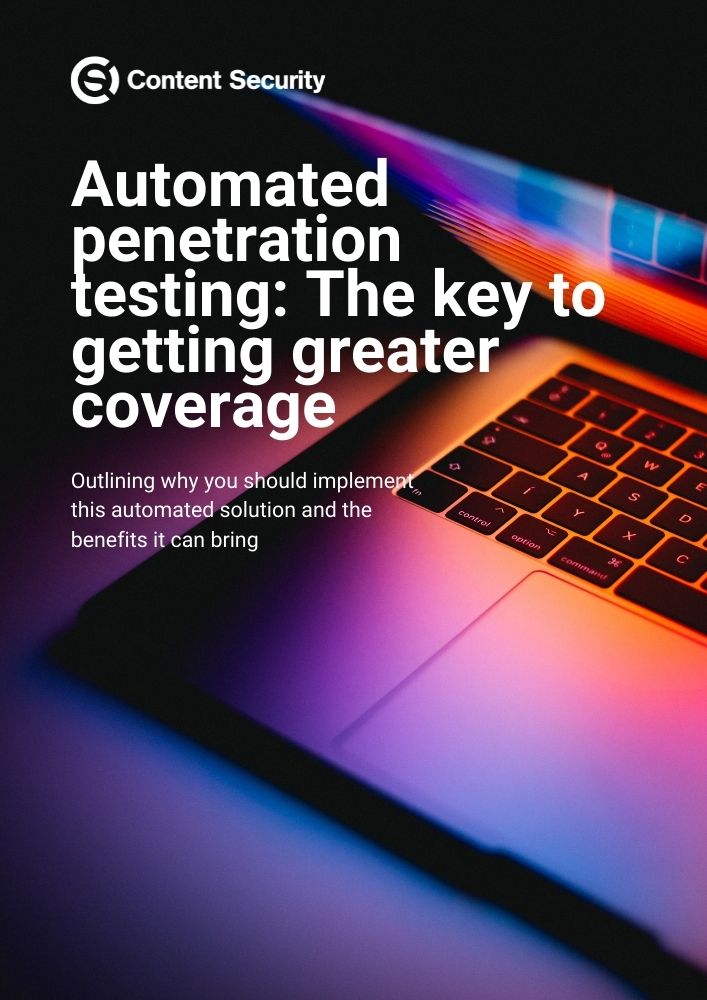
Getting greater coverage between regular penetration tests
Penetration testing is a vital part of staying on top of threats. However, it typically occurs periodically and new vulnerabilities are bound to emerge during these intervals.
How can Not-for-Profit organisations protect themselves in the meantime?
Automated penetration testing (also known as automated vulnerability scanning) is a great tool providing necessary coverage between manual penetration tests. This is essential for businesses that do not have high security posture or access to global threat intel.
Automated vulnerability scanning helps businesses stay ahead of attackers by supplementing the work done by ethical hacking professionals. Conducting manual tests requires a lot of time-consuming work by professionals that are not always readily accessible. Further, manual tests only provide a snapshot of your environment at a single point in time.
With an automated solution, organisations can evaluate their existing security status without scheduling a long-awaited appointment. Any individual with a basic understanding of security can conveniently run through an entire attack lifecycle in a completely secure manner.
Benefits of automated penetration testing include minimising the risk of human error, the ability to scan an entire environment with greater efficiency and speed, as well as uplifting general security posture. It facilitates risk management by providing a curated list of all vulnerabilities.
If cybercriminals and hacktivists are automating their exploits, you should implement automated security solutions that will beat them to the finish line. To read more about getting greater coverage with automated penetration testing, download our whitepaper below.
Fill in the form to
download the whitepaper

For more information please contact our cybersecurity professionals today.
Recent news
Latest posts
Key Strategies and Best Practices for Enhancing OT Security
05 April, 2024A Comprehensive Guide to Third Party Risk Management (TPRM)
26 February, 2024









